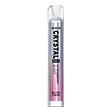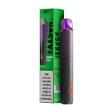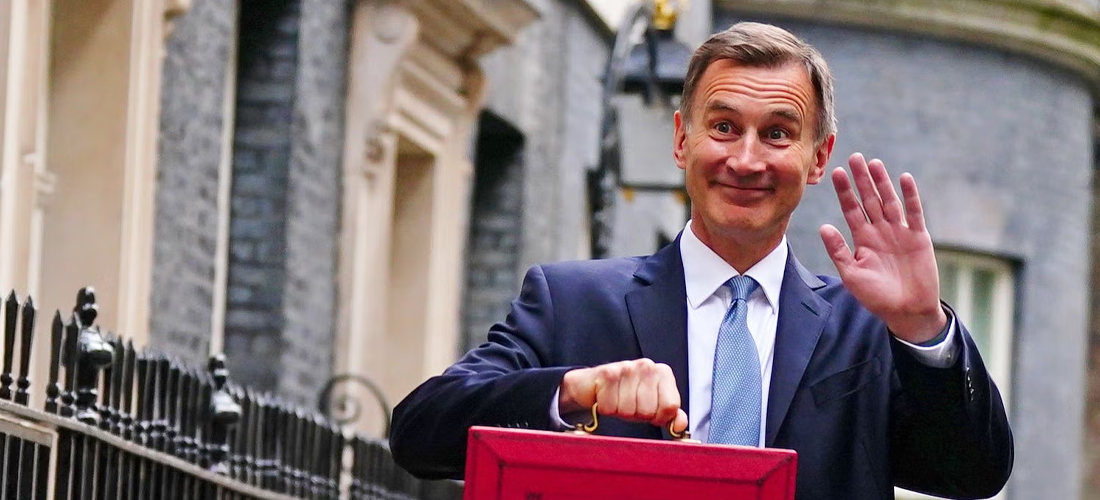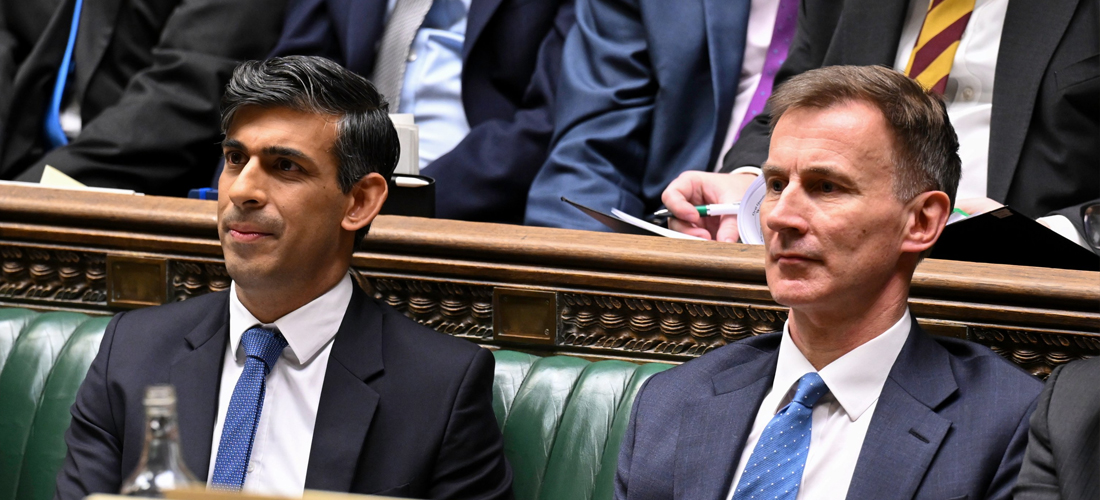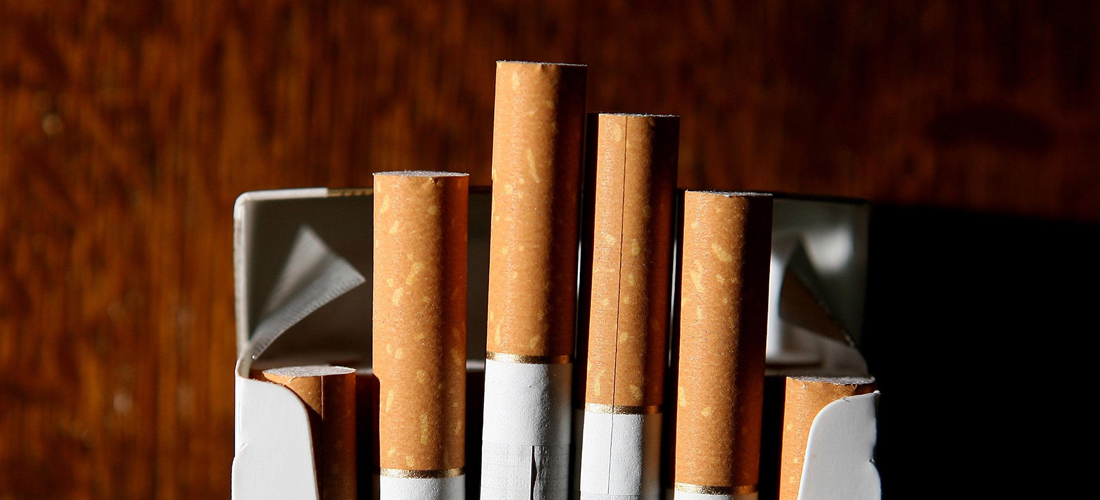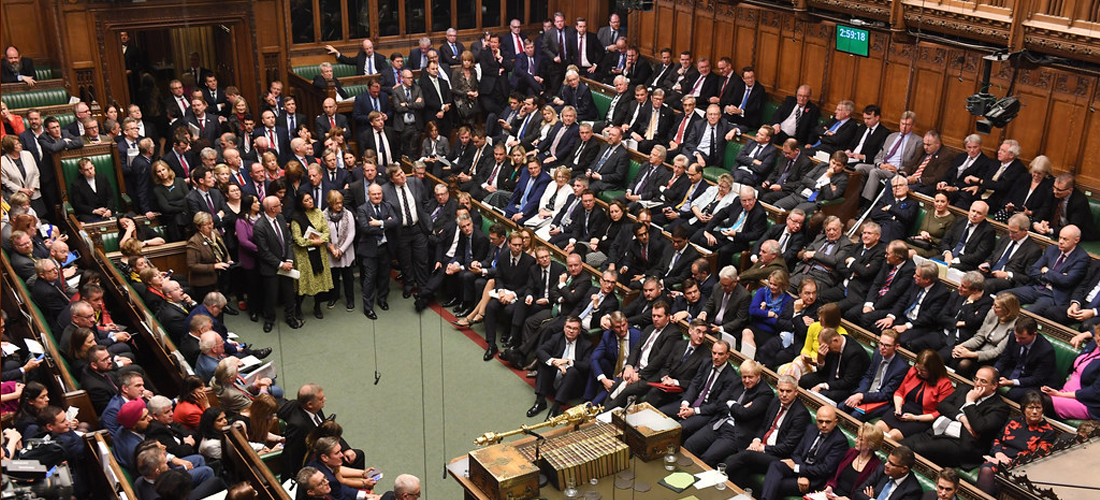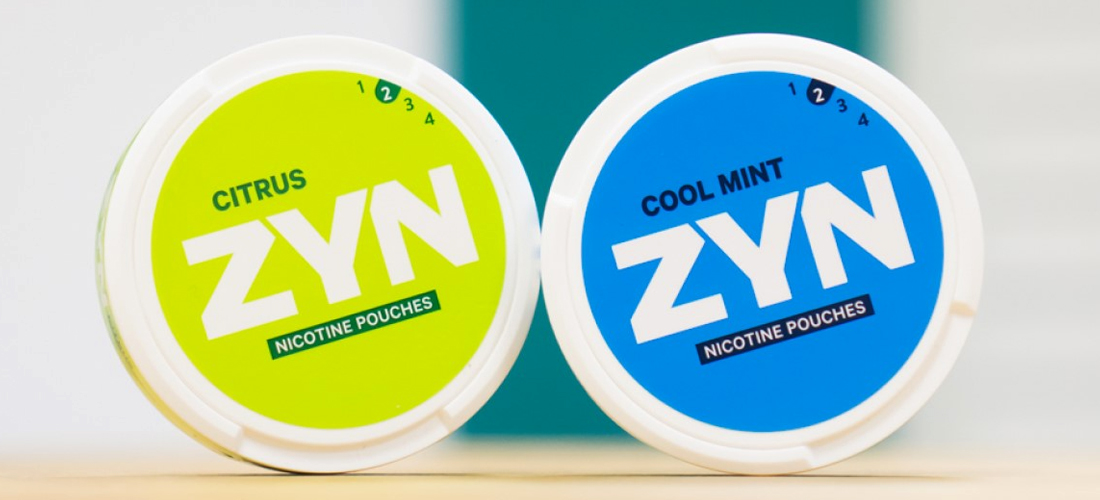Summary
- UK government to tax vapes after announcing in the Spring Budget 2024 and is seeking public input on the proposed design and implementation of the duty.
- The government has considered public health experts’ concerns about the potential risks and addiction associated with vaping, especially among young non-smokers.
- In 2023, the UK saw its highest-ever rate of e-cigarette use among adults, with 12%, while the number of children aged 11 to 17 using vaping products tripled over the past three years in Great Britain.
- The government introduced various measures aimed at addressing youth vaping, including new powers to regulate flavours and packaging, as well as implementing a ban on the sale and distribution of disposable vapes.
- Currently, vapes are priced significantly lower than tobacco products since vapes are only subject to Value Added Tax (VAT), while tobacco incurs both VAT and excise duty.
Introduction.
In October 2023, the DHSC launched a consultation to support the Prime Minister’s goal of a smoke-free generation and tackling youth vaping. The consultation aims to protect future generations by proposing regulations on youth vaping.
A new vape tax is being introduced as part of a broader government strategy to reduce smoking rates and discourage young people from starting vaping. The DHSC believes raising vape prices will make them less accessible to young individuals drawn to appealing packaging and flavours.
While there’s criticism that taxing vapes unfairly affects those using them to quit smoking, the government argues it will deter young people from vaping. Stricter regulations on vape marketing and sales, including limits on advertising and online sales, are also planned.
Discussions are underway to raise the legal age for buying vapes from 18 to 21 to better safeguard young people. These measures are part of the government’s commitment to a smoke-free generation by 2030. Health Secretary Sajid Javid stated, “We’re fully committed to protecting young people from the risks of smoking and vaping. With this new vape tax and tighter regulations, we aim to discourage young individuals from harmful habits.”
Importance Of Addressing Smoking-Related Health Issues.
Smoking is a major public health issue, causing numerous preventable deaths and various diseases like lung cancer and heart disease. Lowering smoking rates through education, support, and harm-reduction tools like vaping can significantly improve public health. Government initiatives such as tobacco control policies are crucial in promoting healthier behaviours and reducing smoking rates.
Excise Duty And Increase In Tobacco Duty.
Two measures proposed in the UK to reduce smoking rates are introducing an excise duty on vapes and raising tobacco duty. The aim is to discourage non-smokers from vaping and make smoking less affordable. While increasing tobacco duty discourages smoking, the financial advantage of vaping over smoking must be retained. This approach acknowledges vaping as a less harmful alternative and aims to prevent non-smokers from starting nicotine addiction. Overall, these measures aim to lower smoking rates and enhance public health.
One-Off Increase In Tax On Vapes.
The government plans to raise taxes on vapes to promote public health by discouraging their use. This move addresses concerns about potential health risks associated with vaping, particularly for youth. Increasing vape taxes aims to deter new users and encourage current vapers to quit or reduce nicotine intake. By making vaping more expensive than smoking, the government aims to promote smoking cessation and safer nicotine alternatives, especially among young people.
Rationale For New Tax.
The rationale for new taxes is widely debated across governments worldwide. Governments consider new taxes to address revenue gaps, spur economic growth, or achieve policy goals. However, imposing new taxes is a serious decision with significant impacts on individuals and businesses. Understanding the reasons behind new taxes is essential for their effectiveness and fairness. This article explores common justifications for new taxes, from funding public services to discouraging harmful behaviours and promoting sustainability. It discusses the pros and cons of new taxes, and the decision-making processes governments undertake when considering them.
Impact Of Vaping On Public Health Debated.
The debate surrounding the impact of vaping on public health is multifaceted, engaging experts from various disciplines. Advocates of vaping argue that it presents a safer alternative to traditional tobacco smoking due to its lack of combustion of tobacco leaves, which reduces exposure to the harmful chemicals found in cigarette smoke. They contend that vaping can serve as a viable pathway for current smokers to either transition to a less harmful habit or quit smoking altogether.
On the contrary, critics of vaping express concerns about its potential risks, particularly among non-smokers, adolescents, and individuals with pre-existing respiratory conditions. They highlight the uncertainty surrounding the long-term health effects of vaping and worry that the increasing prevalence of e-cigarettes may normalize nicotine addiction and act as a gateway to smoking initiation for young people.
The perceived benefits of vaping encompass harm reduction for current smokers, potentially diminishing second hand smoke exposure, and offering a less costly alternative to traditional smoking, which could also have a reduced environmental impact.
However, alongside these benefits, there are also notable risks associated with vaping. These include the risk of developing nicotine addiction, potential adverse respiratory effects, and exposure to toxic chemicals present in e-liquids. Moreover, concerns have been raised regarding the lack of stringent regulation and quality control in the manufacturing processes of e-cigarettes, further exacerbating safety concerns. Ongoing research and studies contribute to the ongoing discourse surrounding vaping’s potential health implications. While some studies suggest that vaping may indeed be less harmful than traditional smoking, others report negative respiratory effects and raise concerns about the safety of certain e-cigarette ingredients.
Potential Revenue Generated From Taxing Vape Products.
Taxing vape products has the potential to generate substantial revenue for the government, considering the absence of any duty applied to vaping at present. In contrast, tobacco products already attract duty, making it an opportune time to consider levying taxes on the vaping industry. According to a Treasury analysis, implementing a new vaping tax could raise approximately £500m annually.
The absence of duty on vape products creates an imbalance in the comparable taxation between vaping and tobacco, which can be rectified by introducing a tax on the former. As vaping has become increasingly popular in recent years, this new tax could tap into a growing market, bolstering government coffers.
Given the Treasury analysis’s estimate of £500m in potential annual revenue, this new tax has the potential to significantly contribute to public finances. The vaping industry in the United Kingdom has witnessed rapid expansion, with many individuals turning to vaping as an alternative to smoking traditional cigarettes. By taxing vape products, the government can capitalize on this trend and generate significant financial resources.
Funds For Healthcare Services And Campaigns.
The allocation of funds towards healthcare services and anti-smoking campaigns is an important aspect of any government’s budgeting process. In order to provide quality healthcare services and reduce the prevalence of smoking, it is crucial to prioritize the allocation of funds towards these initiatives.
Budget measures related to healthcare and anti-smoking initiatives often involve specific funding amounts and strategies. Governments may allocate a certain percentage of their total budget towards healthcare services, aiming to ensure that citizens have access to affordable and efficient medical care. This can include funding for hospitals, clinics, medical equipment, and healthcare professionals.
In terms of anti-smoking campaigns, budget measures may involve allocating funds towards public awareness campaigns, education programs, and smoking cessation programs. These initiatives aim to reduce the number of smokers and encourage individuals to quit smoking. Funding amounts can vary depending on the scope and scale of the campaigns, with some governments investing significant resources to combat the harmful effects of smoking.
Tax On Vapes.
The proposed tax on vapes aims to address the disparity in the taxation of vaping products. Currently, vaping products are subject to Value Added Tax (VAT) but not excise duty. The purpose of this tax is to create a more equitable and consistent taxation system for all tobacco-related products.
By subjecting vapes to excise duty, the government aims to generate revenue while also discouraging the use of these products. Excise duty is typically levied on goods that are considered harmful or socially undesirable, such as tobacco and alcohol. The inclusion of vapes in this category implies that they are being recognized as potentially harmful substances.
In addition to the proposed tax, the government has also announced plans to ban disposable vapes and restrict vape flavours and packaging. This is a further effort to curb the use of vaping products, particularly among young people who are attracted to the wide range of flavours available.
The ban on disposable vapes is intended to reduce environmental waste, as these products contribute to the growing issue of single-use plastic pollution. By restricting vape flavours and packaging, the government seeks to make these products more unappealing to young people and diminish their potential to initiate or exacerbate nicotine addiction.
Proposed Vaping Duty Tier Structure.
| TIER | RATE STRUCTURE | COMPARISONS TO CIGARETTES |
| 1 | £1.00 per 10ml for nicotine-free liquids. | This is roughly 2.4% of the current total duty on the equivalent quantity of a typical cigarette. |
| 2 | £2.00 per 10ml on liquids that contain approximately the same or less nicotine (per ml) than in an average cigarette (0.1-10.9 mg). | This is roughly 4.7% of the current total duty on the equivalent quantity of a typical cigarette. |
| 3 | £3.00 per 10ml on liquids that contain roughly more nicotine per ml than in an average cigarette (11mg or more). | This is roughly 7.1% of the current total duty on the equivalent quantity of a typical cigarette. The maximum legal strength is 20mg/ml, however there is evidence that a significant number of illegal products above this limit are being sold. |
So, What Are The Proposed rates for the new tax?
The proposed rate for the new tax on vape products seeks to strike a balance between discouraging vaping and generating revenue for public health initiatives.
To achieve this, the potential tax structure for vape products involves different rates based on nicotine levels in vaping liquids. The tax rates would be tiered, with higher rates applied to products containing higher nicotine concentrations. This approach is intended to discourage the use of high-nicotine vaping liquids, which are often more addictive and have a greater potential for harm.
Several factors may influence the tax rates. Firstly, the rates need to be high enough to deter excessive consumption, especially among young people who may be more price-sensitive. However, they must also be reasonable to avoid pushing individuals towards the black market or unregulated sources. Additionally, the revenue generated from this new tax should be allocated towards healthcare programs, prevention efforts, and education on the potential risks of vaping.
How Does The New Tax Compare With Existing Taxes On Tobacco Products?
When it comes to tax rates, tobacco products are subject to both Value Added Tax (VAT) and excise duty, whereas vapes are only subject to VAT. The excise duty on tobacco products is significantly higher compared to the VAT on vapes, making tobacco products more expensive. This is because tobacco taxes are primarily used as a deterrent to discourage people from smoking and to generate revenue for the government.
The aim of the new tax on vapes is twofold – to discourage non-smokers from using vapes and to maintain the financial incentive for smokers to choose vaping over smoking. By introducing a tax on vapes, the government hopes to discourage non-smokers, especially young people, from taking up vaping due to the increased cost. However, the tax on vapes is not set at the same level as the tax on tobacco products, as the government wants to maintain the financial incentive for smokers to switch to the less harmful option of vaping.
What This Means For Vapers.
The impending ban on the sale and supply of disposable vapes carries numerous negative implications for vapers. This decision not only restricts their access to a popular alternative to traditional cigarettes but also presents potential challenges that they will have to face.
For vapers, the ban means they will no longer have the option to choose disposable vapes as their preferred smoking cessation aid. Disposable vapes have gained popularity due to their convenience, affordability, and user-friendly design. Vapers who have relied on disposable vapes to help them quit smoking may struggle to find a suitable alternative.
The ban also raises concerns about the potential increase in cigarette consumption. Vapers who are unable to purchase disposable vapes may resort to using traditional cigarettes as a substitute. This could lead to a reversal of the progress made in reducing smoking rates and could have detrimental effects on public health.
Furthermore, the ban poses a challenge for vapers who have become accustomed to the convenience of disposable vapes. Unlike refillable e-cigarettes, disposable vapes require no maintenance or refills, making them a hassle-free option for many. Vapers will now have to explore other options that require more effort, such as regularly refilling their e-cigarette cartridges or investing in more expensive devices.
How This Affects Those Looking To Quit Smoking.
Disposable vapes, commonly used as a substitute for cigarettes, were an accessible and convenient option for those looking to transition away from smoking. With their availability now limited, individuals trying to quit smoking may face additional challenges in their journey towards a smoke-free life.
However, as part of the Swap to Stop scheme, the availability of reusable vapes offers a potential solution. Reusable vapes are devices that can be refilled with e-liquid and provide a similar vaping experience to disposable vapes. In addition to the availability of reusable vapes, the Swap to Stop scheme also provides behavioural support to individuals wanting to quit smoking.
The benefit of using reusable vapes for smoking cessation are numerous. Firstly, reusable vapes offer a cost-effective option as they can be refilled with e-liquid, saving money in the long run compared to purchasing disposable vapes. Additionally, reusable vapes allow for more customization in terms of nicotine strength and flavour choices, which can help individuals tailor their vaping experience to their specific needs and preferences.
Moreover, the Swap to Stop scheme offers behavioural support to individuals quitting smoking, which can help address the psychological aspects of nicotine addiction and provide guidance on overcoming cravings and triggers. This holistic approach enhances the chances of successful smoking cessation.
When Does The New Tax Come Into Play?
The new tax on vapes is set to come into effect in October 2026.
According to recent studies, the use of vapes has risen significantly in recent years, contributing to health concerns and addiction issues. As a result, the government has decided to implement a new tax to discourage the use of vapes, particularly among individuals who have never smoked.
The date of implementation reflects the government’s commitment to tackling this growing problem in a timely manner. But It’s important to note that this new tax is not meant to penalise individuals who use vaping as a smoking cessation aid. Rather, it aims to address the increasing number of people, particularly youth, who have taken up vaping as a recreational activity. The government believes that implementing this tax, it can both protect the health and well-being of its citizens and reduce the strain on public health resources in the long run.
Will The Increase Help Or Harm The Vaping Industry?
The proposed increase in taxes has the potential to significantly impact the vaping industry. While some argue that higher taxes can deter people from starting or continuing to vape, others believe that it could harm the industry.
One potential impact of the increase in vaping taxes is a reduction in accessibility to vaping products. This is particularly concerning in poorer areas with higher smoking rates, where some individuals may have turned to vaping as a safer alternative to traditional cigarettes. The increased cost associated with higher taxes could make vaping less affordable for these individuals, potentially leading them back to smoking.
Moreover, the increase in vaping taxes could also negatively affect the vaping industry as a whole. Higher taxes may lead to decreased sales of vaping products, which could result in financial losses for businesses and potential job cuts. Additionally, some vape shops may struggle to stay afloat as customers seek more cost-effective alternatives or turn to online retailers. On the other hand, proponents of the tax increase argue that it could help reduce vaping among young people, ultimately benefiting public health. They believe that higher prices could discourage younger individuals from starting to vape, potentially leading to a decrease in vaping-related health issues.
Is It Time To Look Into Alternatives?
With the introduction of a new tax on vapes by the UK government, some individuals may be considering alternatives to vaping. One such alternative that has been gaining popularity in recent years is nicotine pouches.
Nicotine pouches are small, discreet pouches that contain nicotine but no tobacco. They are placed between the gum and lip and release nicotine slowly into the bloodstream. These pouches provide a similar sensation to smoking or vaping without the harmful effects of tobacco.
One of the main advantages of nicotine pouches is that they are smoke-free and odourless, making them a more socially acceptable option compared to vaping. Additionally, because they do not involve combustion, nicotine pouches are considered less harmful than smoking traditional cigarettes.
Nicotine pouches also come in a variety of flavours and nicotine strengths, allowing users to find a product that suits their preferences. They are also convenient and easy to use, making them a convenient option for individuals looking to quit smoking or vaping.



















